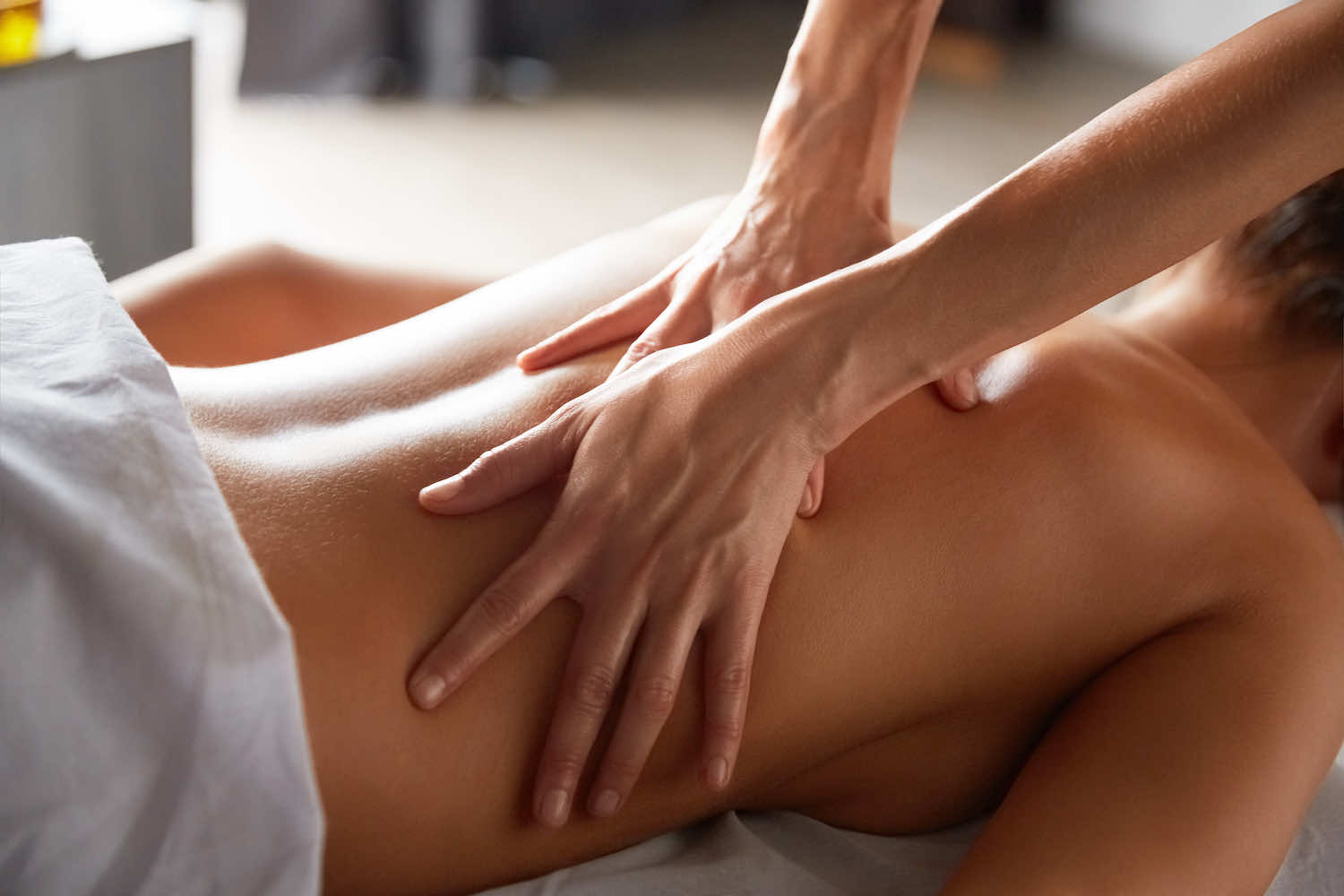Massage therapy has been used for more than 3,000 years as a healing art.
Massage is used to improve circulation and reduce pain.
Massage is a non-invasive therapy that aids relaxation, alleviates mental stress and can help to relieve the everyday discomfort of overworked muscles, strained joints and ligaments and different types of chronic aches and pains.
If massage therapy starts soon after injury it can also help limit scar tissue and prevent other muscles from overcompensating for the trauma-affected joint.
Massages increase blood flow to the specific muscles, allowing nutrients to be delivered more quickly while removing metabolic waste that can cause pain and delay recovery. If you don’t move much during the day, blood flow naturally decreases, so massage is an excellent method to get everything pumping again.
Being stationary all day can cause muscle fibres to become stuck together, known as an adhesion. These adhesions restrict movement and if untreated can lead to whole muscles becoming hypertonic and eventually painful. A precise massage can work on the problem tissue, lengthening it and breaking down the adhesions until a normal range of movement can be restored.
Massage therapy can aid in the recovery of injured tissues and overused muscles in the body.

Massage therapy can aid in the recovery of injured tissues and overused muscles in the body. In addition, registered massage therapy can complement other forms of therapy including physiotherapy, chiropractic care and acupuncture by speeding up the recovery process and preventing future re-injury. Other benefits include:
Massages have a way of softly lulling us into a state of relaxation that calms our nervous system. This is referred to as the relaxation response. The relaxation response is a state in which the pulse and breathing rates slow down, the body starts to relax, stress hormone production decreases, blood pressure drops, and the muscles begin to let go of their subconscious tension and relax.
The relaxation response also typically raises the available level of serotonin, a chemical in your brain that has a positive effect on emotions and thoughts.
While negative reactions to massage treatment are quite uncommon, some rare problems can occur. These are some of the varying risks in undergoing deep tissue massage:
Problems are rare, and usually entirely avoided by a careful assessment of your condition before any massage therapy.
Book your Massage Therapy appointment today.